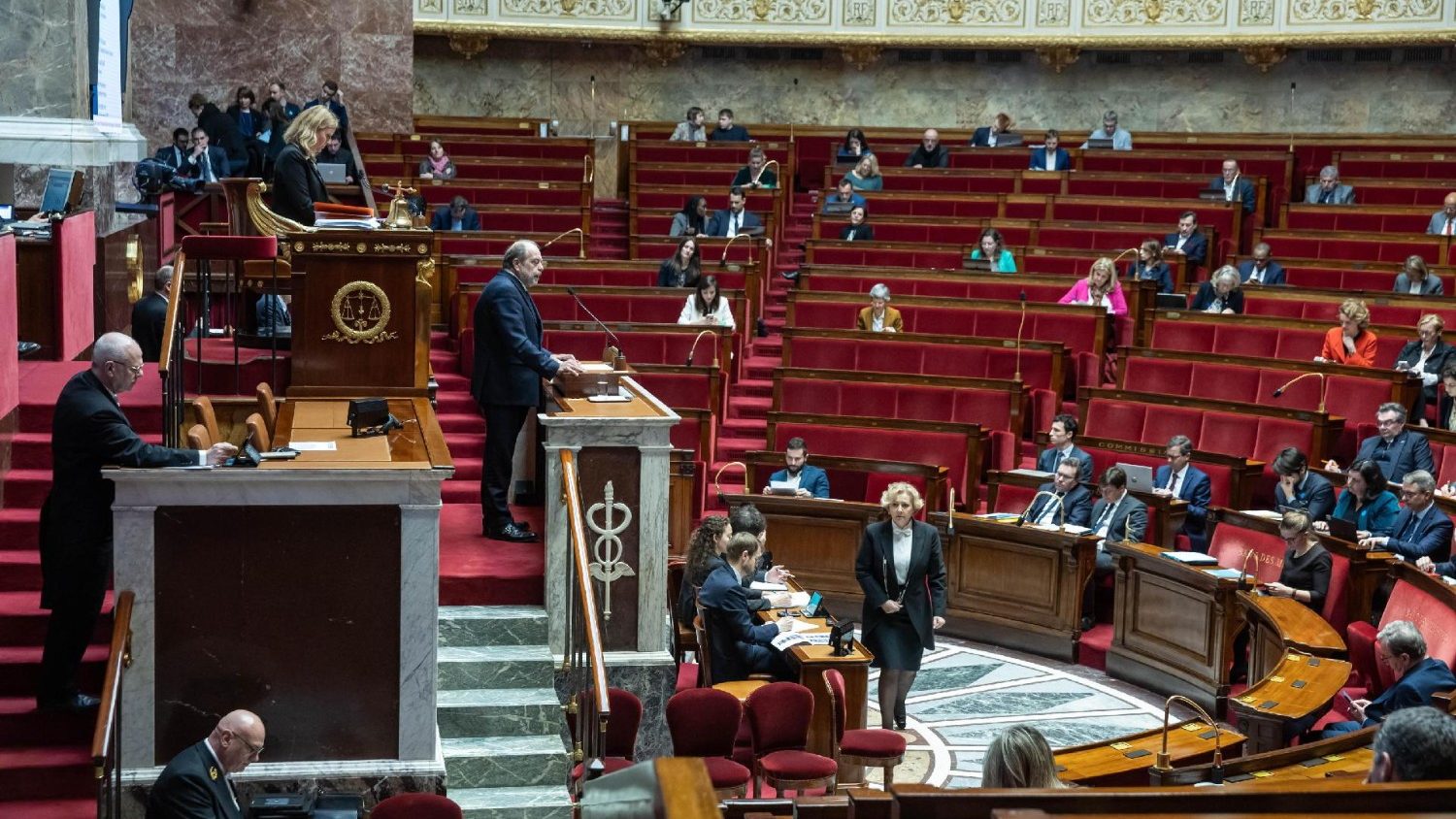Discussions are currently ongoing in France regarding the potential inclusion of the right to abortion within the Constitution. The National Assembly has already endorsed the constitutional amendment with an overwhelming majority of 493 votes in favor and 30 against, and it is now under consideration by the Senate.
Pope Francis, during his 44th Apostolic Journey, delivered a compelling message emphasizing the importance of faith, charity, and hope. He urged for policies that uphold life, hospitality, and brotherhood, denouncing the prevalent issues of cynicism and resignation in society. The Pope’s address, attended by over 50,000 followers at the Vélodrome in Marseille, highlighted the need to cherish human life in all its forms, from the marginalized migrants to the unborn children and abandoned elderly.
Despite the Pope’s poignant message, the French National Assembly proceeded to approve the integration of the right to abortion into the Constitution at the end of January. This legislative proposal is currently undergoing review in the Senate. In the midst of societal challenges and political shifts in Europe, the Pope’s stance on the sanctity of life serves as a guiding light, urging a reevaluation of fundamental values.
Pope Francis has unequivocally stated that “abortion is a homicide,” emphasizing the contradiction in legalizing an act that results in the death of an individual while advocating for the protection of human life. In a technologically advanced era where the stages of human development are well understood, questions arise about the ethical implications of terminating a life to resolve problems.
The French bishops have expressed apprehension regarding the constitutional amendment, underscoring the intrinsic value of every life as a precious gift that warrants protection and care from conception to natural conclusion. The Pope’s teachings on love, freedom, and charity underscore the importance of nurturing a society based on compassion and respect for life.
Efforts to address challenging pregnancies through holistic support systems rather than resorting to abortion can potentially save numerous lives. By investing in resources that provide economic, legal, psychological, religious, and social assistance to women facing difficult decisions, societies can foster a culture of welcome, solidarity, and peace.
In conclusion, the call to prioritize life-affirming measures over destructive actions resonates as a key principle in shaping legislative frameworks and constitutional amendments. By embracing a compassionate and supportive approach, societies can navigate complex ethical dilemmas with a focus on preserving life and promoting a culture of care and empathy.
